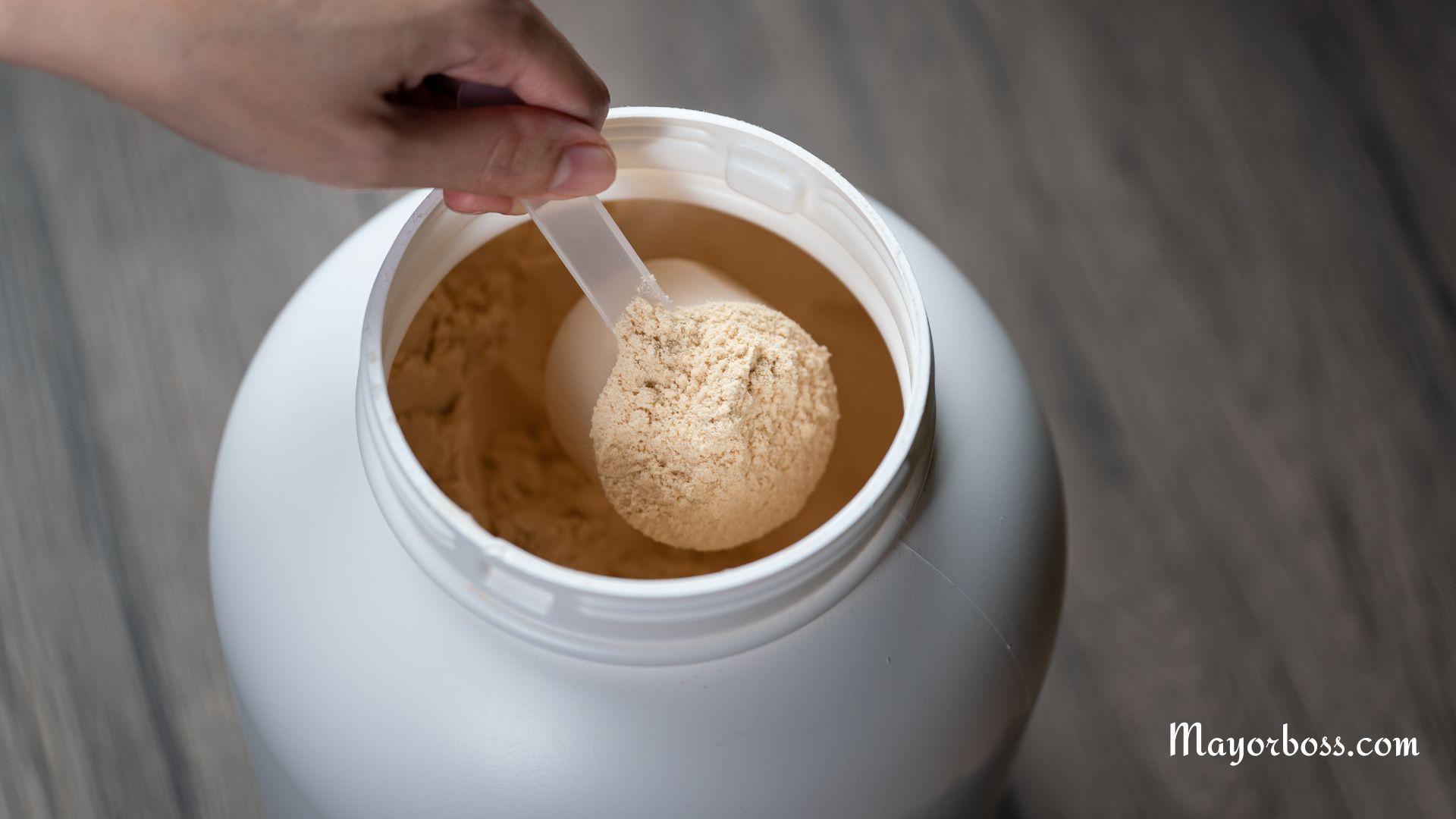What Happens to Your Body When You Swallow Mucus?
Swallowing mucus is a common, often subconscious act that many of us engage in, especially during colds or allergies. It’s a natural part of your body’s processes, but you might wonder what happens once it’s swallowed. This article offers several explanations to understand the impact of swallowed mucus on your body.

What is Mucus and Its Role?
Mucus is more than just a runny nose or a throat-clearing nuisance. It plays several key roles in your body:
- Protects and Moisturizes: Lining the respiratory, digestive, and other systems, mucus keeps these surfaces moist and protected against foreign particles.
- Traps and Removes Debris: Acting as a sticky trap, mucus captures dust, pollen, bacteria, and other particles you inhale.
The Journey of Swallowed Mucus
When you swallow mucus, here’s what typically happens:
- Down the Throat: Mucus, combined with saliva, moves down your throat into the esophagus.
- Entering the Stomach: Once in the stomach, mucus encounters stomach acid.
- Digestion and Breakdown: The stomach’s acid and enzymes break down the mucus.
- Absorption and Elimination: Components of mucus are absorbed, utilized, or passed as waste.
The Effects on Your Body
Generally, swallowing mucus is harmless and part of your body’s natural processes:
- No Harmful Effects: For most people, the digestion of mucus is unnoticeable and doesn’t cause harm.
- Potential for Discomfort: In cases of excessive mucus production (like during a cold), swallowing large amounts can cause minor stomach upset or nausea.
When to Be Concerned
In certain situations, swallowed mucus might warrant attention:
- Persistent Cough or Increased Mucus: If you’re consistently coughing up and swallowing mucus, it could indicate an underlying health issue.
- Changes in Mucus Color or Consistency: Yellow, green, or blood-tinged mucus can be a sign of infection or other health problems.
- Accompanying Symptoms: If swallowing mucus is accompanied by other symptoms like chest pain, shortness of breath, or fever, consult a healthcare professional.
Frequently Asked Questions
Is swallowing mucus better than spitting it out?
It’s largely a matter of personal comfort. Swallowing mucus is natural and generally harmless, but if you’re more comfortable spitting it out, that’s okay, too.
Can swallowing mucus cause stomach issues?
In large amounts, it might cause mild stomach discomfort, but it’s usually not a cause for concern.
Should I try to stop swallowing mucus?
It’s a natural reflex, and trying to stop it isn’t necessary unless advised by a healthcare provider for specific medical reasons.
In conclusion, while swallowing mucus might seem unpleasant, it’s a normal bodily function that usually doesn’t pose any health risks. However, if you have concerns about excessive mucus production or other symptoms, it’s always best to consult with a healthcare professional.






